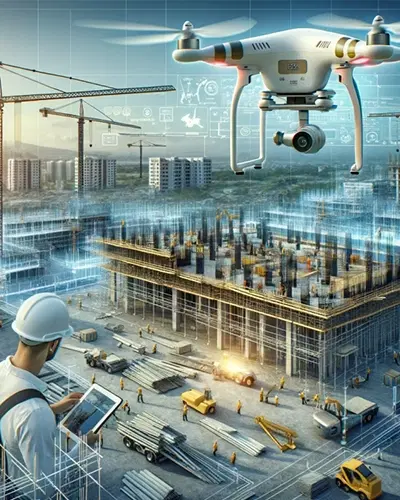Technological Advancements In The Real Estate Industry
The real estate industry in Dubai has seen significant technological advancements in recent years, which have transformed the way real estate business is conducted.
Here are some of the technological advances that have impacted the real estate industry in Dubai:
Online Property Listings And Virtual Tours
Online property listings and virtual tours have become popular ways of showcasing properties in Dubai's real estate market. These technologies allow potential buyers to view properties from the comfort of their homes, saving them time and money. Some examples of platforms offering online property listings and virtual tours in Dubai include Property Finder, Bayut, and Dubizzle.
Data Analytics And Machine Learning
Data analytics and machine learning have become increasingly popular in the real estate industry in Dubai. Real estate companies are now using data to make better-informed decisions and gain insights into the market.
This helps them to identify trends and patterns and ultimately make more accurate predictions about future market movements. Companies like Property Monitor and Bayut are using machine learning to provide advanced insights into the market.
Blockchain Technology
Blockchain technology has emerged as a revolutionary technology for the real estate industry in Dubai. It provides a secure and transparent way of recording and tracking property transactions. This technology can help prevent fraud, reduce transaction costs, and eliminate intermediaries in real estate deals.
Dubai's Land Department has already implemented blockchain technology in the real estate industry, and many other companies are following suit. These technological advancements have made the real estate industry in Dubai more efficient, transparent, and secure.
They have also made it easier for buyers and sellers to conduct business and complete transactions. As a result, the real estate market in Dubai has become more competitive and attractive to investors.













